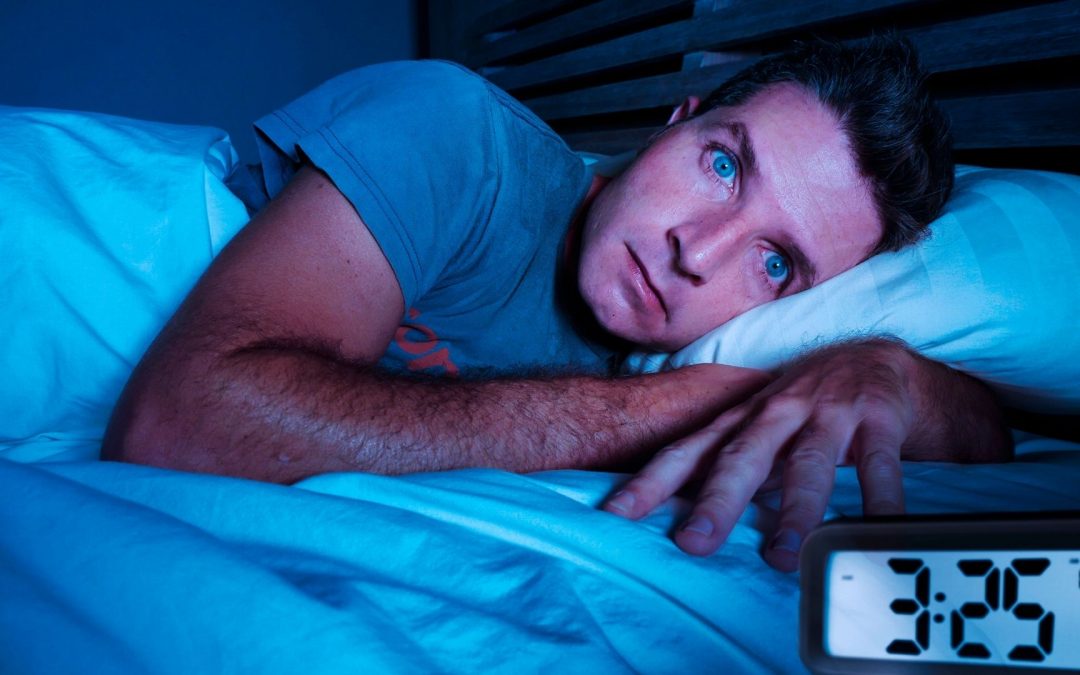Our bodies are amazing machines! One of the best things our body does for us is when we sleep. During sleep our body performs routine maintenance. Our body rebuilds tissues and muscles. The benefits of getting a good night sleep are all across our body. We have a better mood, more focus, better response times, and better critical thinking skills when we get enough rest. When we do not get enough, we tend to have lower immune systems, weight gain, low energy, impact on our sex drive, and mental health challenges. Sleep deprivation can be dangerous while driving a car or on a job. Sleep loss has accumulating effects. The more nights of poor rest, the more severe the consequences. However, it is not possible to “make up” for what you have lost. A good night’s sleep helps our body rest, recharge, and recover from today, and be ready for the adventures tomorrow.
Bedtime Routine
Time
One way to help ensure a good night’s sleep is to create a regular bedtime routine. Your routine should have you going to bed each night around the same time whenever possible. You should be going to bed within the same 2 hour window each night. You should be targeting for 7-8 hours of sleep each night. Remember, if you don’t plan for it, it most likely won’t happen.
Technology
At least an hour or two before bed, put your phone on do not disturb, turn off your laptop for the night, and turn off your tablet. These devices produce blue light, which can hinder the body’s production of melatonin. This is the hormone that helps us sleep. Blue light also disrupts our circadian rhythms. Circadian rhythms are the body’s natural clock. It is the natural cycle of physical, mental, and behavior changes that the body goes through in a 24-hour cycle. The TV also gives off this blue light. You should not go to sleep with the TV on. If you need it to help you nod off, you should set a timer for it to turn off on its own.
Caffeine
Another part of your bedtime routine should be to stop all caffeine for 4 hours before going to bed. A hot cup of tea may sound like a good way to wind down before bed, but it can prevent you from sleeping! Caffeine is a stimulant and can make it difficult to fall asleep. It can also interrupt your circadian clock. Be sure you have that last cup of coffee, last soda, or last cup of tea early!
Wind Down
Another important part of a bedtime routine is winding down. Whatever helps you relax is a good thing to plan for each evening before bed. It might be reading a book, writing in a journal, bible study, a bath, meditation, yoga, or exercise. You can do whatever helps you to feel relaxed and ready to shut your eyes and rest. If an activity already helps you relax, making a routine before bed each night will help your body connect the activity with bedtime and rest. The activity will then help you more and more with getting to sleep.
Other Causes of Poor Sleep
Mattress
Many other issues can interrupt your sleep. If your mattress is due for an upgrade, you could have a hard time getting a good night’s rest. As a general rule, a mattress lasts 6-8 years. Waking up with aches and pains is a definite sign that your mattress needs to be replaced. Your mattress should not sink you into the middle. The springs should not squeak. You should wake up feeling rested. All of these things could mean it is time for a new mattress.
Insomnia
Insomnia is a disorder in which a patient has a difficult time falling asleep, a hard time staying asleep, and not getting enough. Other medical conditions, physical and mental factors, can also lead to insomnia. Poor sleep habits can also lead to insomnia.
Sleep Apnea
More than 22 million Americans are impacted by sleep apnea. It occurs when the soft tissues inside the mouth and nose relax during sleep and block the airway. This will cause momentary apneas, pauses in breathing for up to 20 seconds. The reduced oxygen in the blood will wake up the brain to restart breathing. This can happen more than 30 times in one night! The patient may not even realize it is happening, but the body is not getting restful sleep.
Chiropractic Help
According to the National Sleep Foundation, nearly one third of people who have had chiropractic adjustment say they have an immediate improvement in sleep. Overall, your work with a chiropractor will help your body relax and will improve sleep. Chiropractic treatment eases muscle tension that can cause restlessness. It can relieve pain and discomfort than can interfere with sleep. Chiropractic treatment can stimulate circulation and blood flow as well as improve the central nervous system function which allow for better restful sleep.
Those with insomnia or sleep apnea often report neck and back pain or headaches. This pain could be due to injury, poor posture, or sedentary lifestyle. These can lead to subluxations, or spinal misalignments that can be corrected by a chiropractor. Insomnia and sleep apnea worsen with lack of sleep. It creates a vicious cycle! Recent research suggests a link between insomnia and sleep apnea and subluxations. A chiropractor can make adjustments to correct these subluxations.
If you suffer from poor sleep and want a natural, non-invasive approach to ease your pain, Spinal Logic can help. Our chiropractors will take the time to assess every aspect of your lifestyle, medical history, and body to find a permanent solution to better sleep. Contact our team today at 317-745-5111 to schedule an appointment or learn more. We look forward to hearing from you.
Are you on Facebook? We are too. Let’s be friends!
Disclaimer: The information included in this article is for educational purposes only. It should not be used as a substitute for professional medical advice, diagnosis, or treatment.



